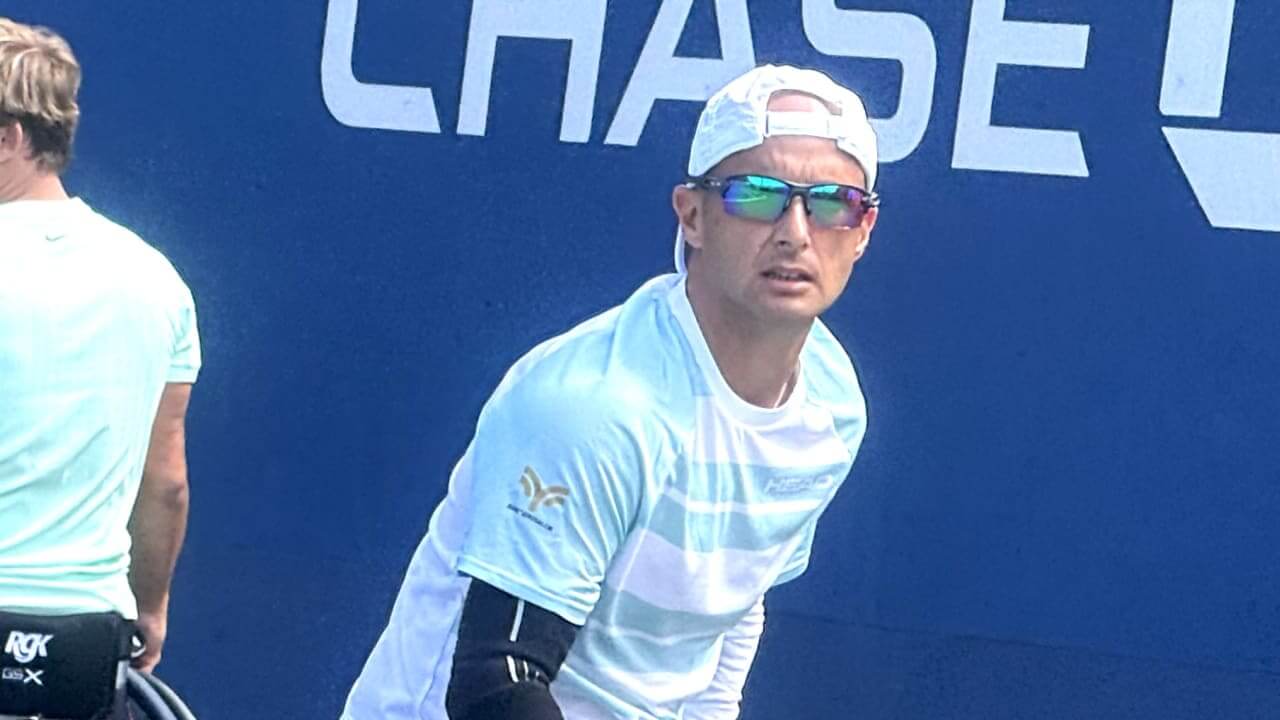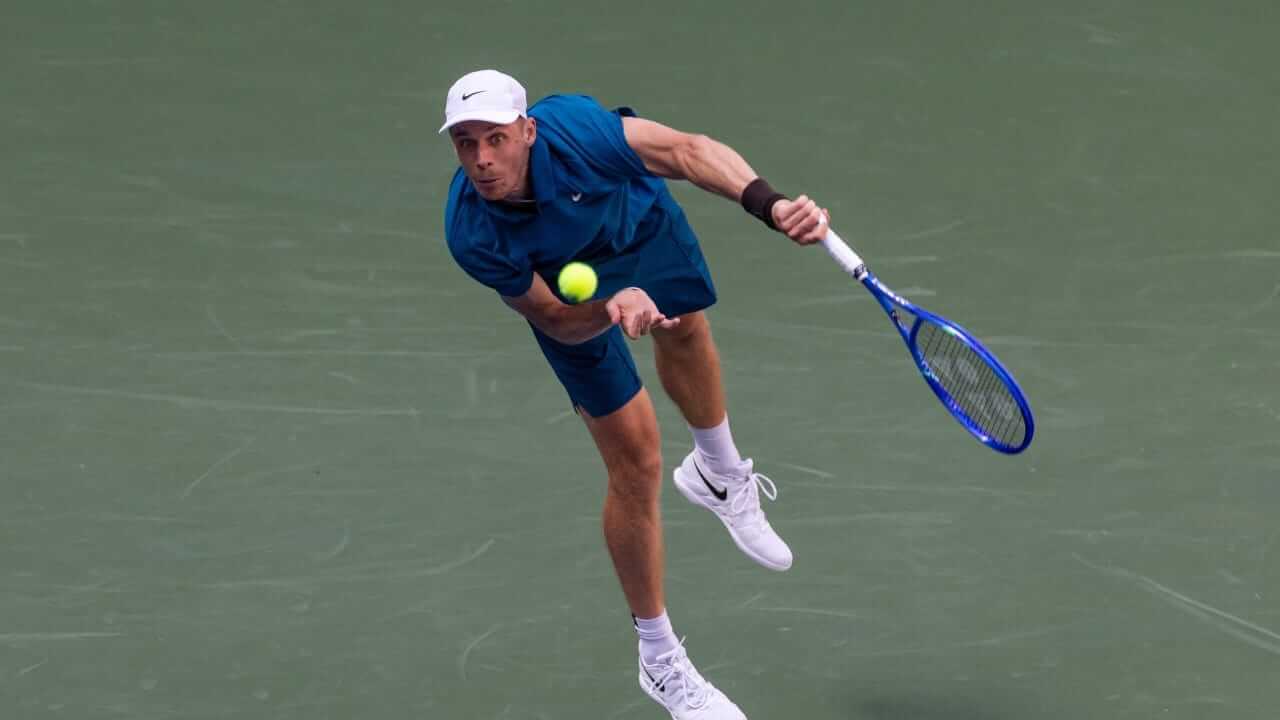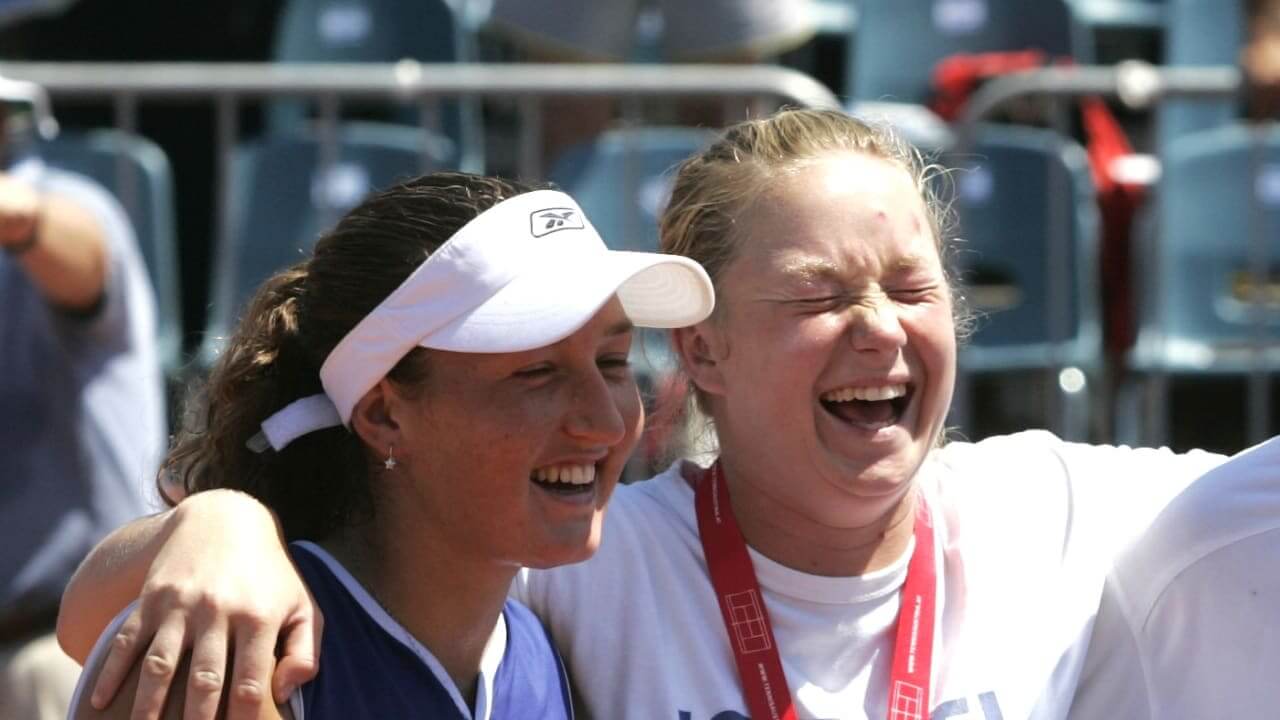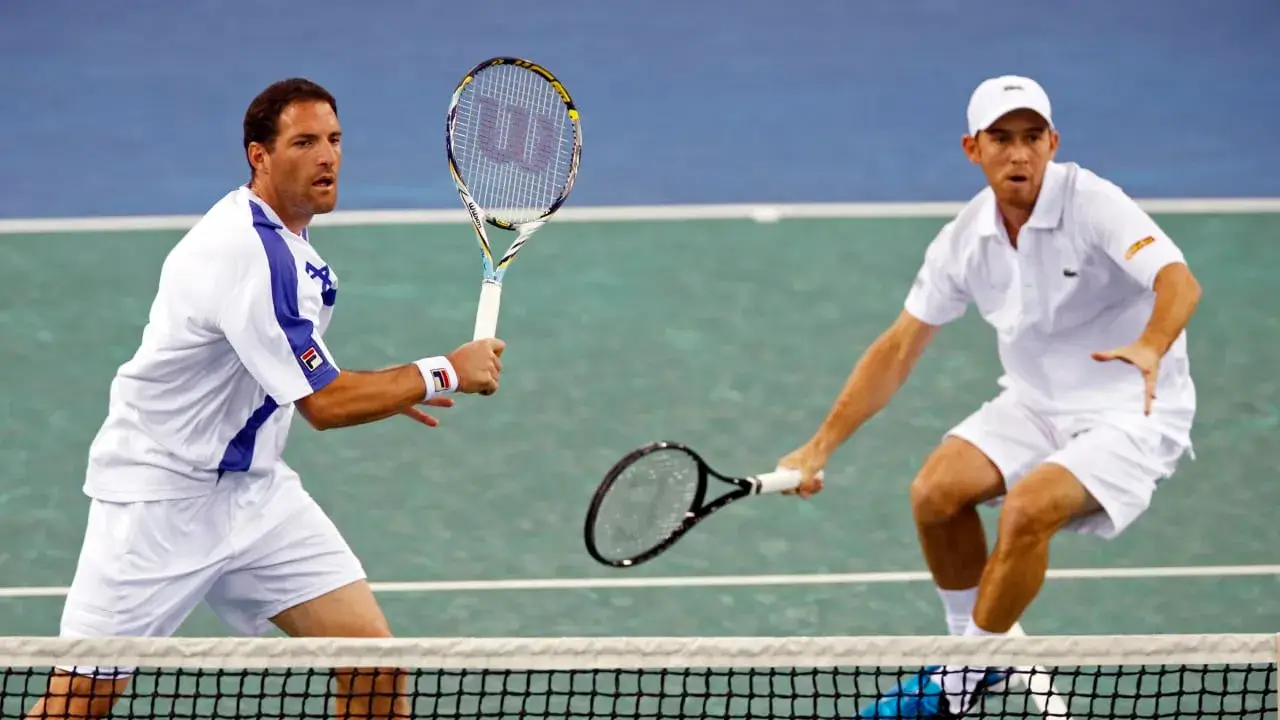Despite the straightforward win, Sasson acknowledged the nerves of opening matches at a Grand Slam and praised his opponents.
Originally posted in Jerusalem Post, September 4 2025
NEW YORK – Israel’s Guy Sasson made a confident start to his 2025 US Open campaign, advancing in both singles and doubles as he continues to establish himself among the world’s best wheelchair quad players.
On Tuesday, Sasson teamed up with Dutch partner Niels Vink for a commanding 6-2, 6-2 doubles victory over Andrew Bogdanov (USA) and 18-year-old Benjamin Wenzel (Australia). The top-seeded pair raced through the first four games, ultimately booking their spot in the semifinals.
Despite the straightforward win, Sasson acknowledged the nerves of opening matches at a Grand Slam and praised his opponents.
“It’s always exciting, it’s always new – even though I have experience in Grand Slams. You kind of hesitate in the beginning, but I think we warmed up, and now it is time to play.”
A day later, Sasson backed up his doubles form with a solid performance in singles, defeating Chile’s Francisco Cayulef 6-0, 6-3 in just over an hour.

One of wheelchair tennis’s most inspiring athletes
The 45-year-old Sasson, who became paralyzed in a 2015 snowboarding accident, has since become one of the sport’s most inspiring figures. He is a two-time Roland Garros singles champion (2024, 2025) and has claimed doubles titles at both Roland Garros and Wimbledon this year. At last year’s US Open, he reached the quarterfinals in both singles and doubles.
Beyond the courts, Sasson takes pride in representing Israel and mentoring the next generation, including 21-year-old compatriot Sergei Lysov, also competing in New York.



